A big thanks to Turner Mojica for the photos (copyrighted by Steve Thornton).
Jack Ketchum (Dallas Mayr) was one of my first favorite Horror authors. His work is real, bold, and though it’s brutal it also has moments of tenderness. Sometimes it’s about survival, but usually there is a lot more going on than breakneck action pacing. He’s a master of character development, and talented in both the short and long fiction forms. I was super excited to share pages with him in A Hacked-up Holiday Massacre. Stephen King said this about him: Who’s the scariest guy in America? Probably Jack Ketchum… If you’ve read his work you know why I’m so honored to have him share with us. If you haven’t read his work get your ass moving.

copyright Steve Thornton
Lee: Thanks for taking the time to share with us, Dallas! I loved how in high school your teacher had everybody write a favorite author to see if the authors would respond. You wrote Robert Bloch (Psycho) and it was the start of a mentorship/friendship until he passed away in 1994. How crucial do you think his influence was on you as a young writer? Has it become so ingrained that you still hear his voice in your head while composing a new book?
Dallas: Bob read and commented on every damn thing I wrote until the day he died, whether it was a play, a poem, or a story. He was an enormously generous and helpful teacher — and smart about the business too. He had no illusions that it was easy. “It you don’t have to write,” he said, “don’t.” Then, in my senior year in college I sent him a story, a thinly-veiled lament for a love gone south, and he wrote “you’re already doing some things better than me.” You could have knocked me over with the proverbial feather. But for all the times my stuff didn’t quite work for one reason or another, you can bet I kept that well in mind. It was almost like he said I had an obligation to keep at it. Aside from the occasional black wisecrack for which he was so justly infamous, I don’t hear his voice too much in my writing, but it’s easy to summon it now. It comes complete with a crooked smile.
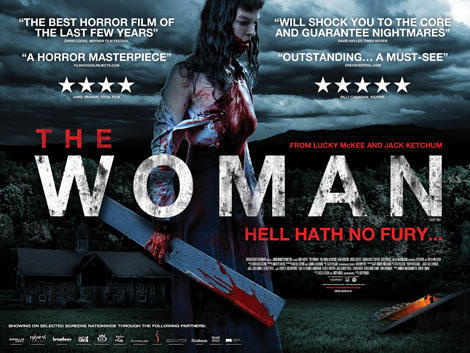
Lee: Congratulations on the recent success of The Woman. You co-wrote the screenplay and novel with Lucky McKee and were on-site a lot, correct? What surprised you most about the whole experience?
Dallas: That I was allowed to be there. See? The occasional black wisecrack. But in all seriousness, it’s a kind of given in the movie business that writers aren’t usually welcome on the set. Lucky and company gave me the run of the joint. And I was actually able to be helpful on a few occasions when we needed an instant rewrite. Beyond that, having him as my writing partner was great fun. We think along the same twisted lines and complement one another’s styles really well. Lucky’s an intuitive, jump-ahead type of guy, whereas I’m more of a plodder, more detail-oriented. It’s a nice fit.
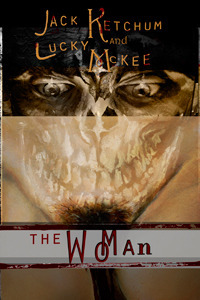
Lee: Is there a book that you’ve always wanted to write but haven’t for some reason? If so, do you think you’d ever give it a go?
Dallas: Yes, it’s about Class D dog dealers and their abuses — their many, many abuses. But I’m not at all sure that I want to live with those images in my head for as long as it takes to write about them. Every now and then as a writer you have to break your own heart on purpose. But I don’t know if I could handle that day in and day out. We’ll see.
Lee: How have you changed over the years in viewing yourself as a writer, or has your identity and confidence mostly remained consistent?
Dallas: I know how to do all kinds of tricks now that I didn’t know how to do back when I started. I’m not always sure that’s a good thing. Sometimes, like Ray Prince once said, I want to be what I was when I wanted to be what I am now. Every time I read a good book, I’m still studying, though, as well as having fun.
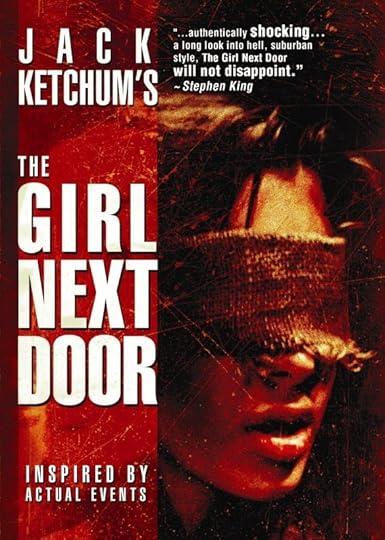
Lee: Much of your work comes from real life (and is probably one of the reasons besides your ability as a writer that it’s so powerful). Yet you can make a very unlikable character somewhat sympathetic. Do you think some people’s aberrations are incurable? Or is there hope if a very messed up individual sought help?
Dallas: Seems to me that the evidence is in and that there are some people who are simply way beyond help. In fact I’m not even sure I’d characterize them as human at all, any more than I’d say a chimp is human just because chimps resemble us — more like some genetically mutant subspecies which walks the walk and talks the talk but which is minus the empathy and conscience gene. That ape is dangerous.
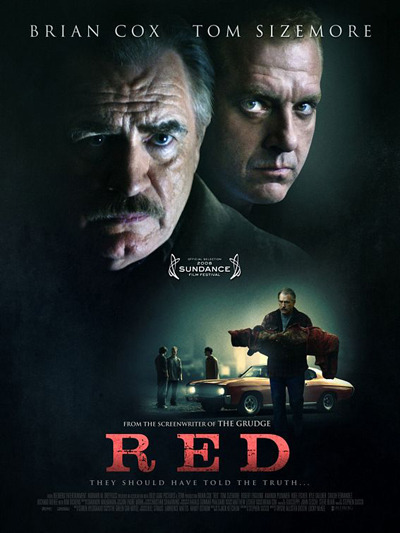
Lee: Only a few people know that my character Red Piccirilli is based on a combination of Tom Piccirilli and your novel “Red,” which is one of my favorite books. It seems in the novel that love is a leveling force. I always enjoyed the two-fold aspect of his love for Red and how love is an avenging force. What are some of your favorite themes to explore and dramatize?
Dallas: Love’s not only the leveling force to RED, it’s the key to Avery’s character — love and its loss. Without the backstory about the death of his wife and son coupled with his loss of Red, this would just be another revenge story. Instead it’s about a good honest man seeking justice. A reader once told me that he thought almost all my stuff is really about loss. I don’t know about all of it, but having thought about it, a good part is. I like to write about love and empowerment, about good people in bad situations and how they do or don’t deal with it.
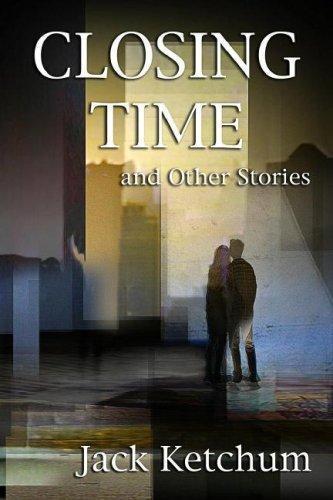
Lee: With some many wonderful things happening every year, how do you manage to celebrate each success without it all just blurring together?
Dallas: Good things have happened to me slowly,over time, so I’ve had a chance to savor them. I’m not some overnight sensation suddenly bludgeoned by the crush of fans and critics. The idea of an entourage scares me silly. When I was a kid I thought I wanted to be Elvis. I’m sure glad it never happened. I’d have been dead before I hit thirty.
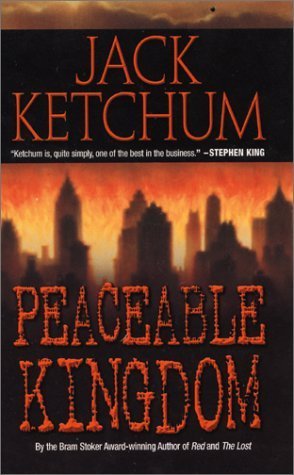
Lee: When I tell people they need to read your work I suggest three for them to try: Red, Old Flames (the version with Right to Life), and The Girl Next Door. Which three books would you recommend to a new reader?
Dallas: That depends on your tolerance for violence. Hell, some people should never read me. If your tolerance is high, I’d suggest starting with OFF SEASON. I always like to start with an author’s first book and see how he matures and changes and that OFF SEASON was mine. If your tolerance is low, I’d suggest RED. And then it’s always nice to have an overview, some sense of a writer’s scope. In that case I’d suggest the story collections, PEACEABLE KINGDOM or CLOSING TIME AND OTHER STORIES.
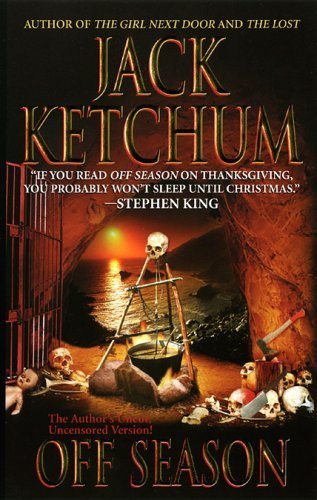
Lee: Where can people find you on the convention circuit this year?
Dallas: The only conventions I’m committed to thus far are NECON in Rhode Island in July, KillerCon in Vegas in September, and Rock ‘n Shock in Massachusetts in October. Keep an eye on my website’s Appearances page for updates.
Lee: Thanks so much for spending time with us, Dallas! Anything you’d like to share before we say goodbye?
Dallas: Ne pas sto kala. Go with the good.
Ketchum’s Website (which you better visit)

copyright by Steve Thornton

 newest »
newest »
 newest »
newest »
 Nicely done, Lee! RED was my first Ketchum novel and while perhaps not his most notorious, I became a fan...
Nicely done, Lee! RED was my first Ketchum novel and while perhaps not his most notorious, I became a fan...
 Awesome interview! I just finished reading TGND and though it was brutal, I loved it.
Awesome interview! I just finished reading TGND and though it was brutal, I loved it. 













